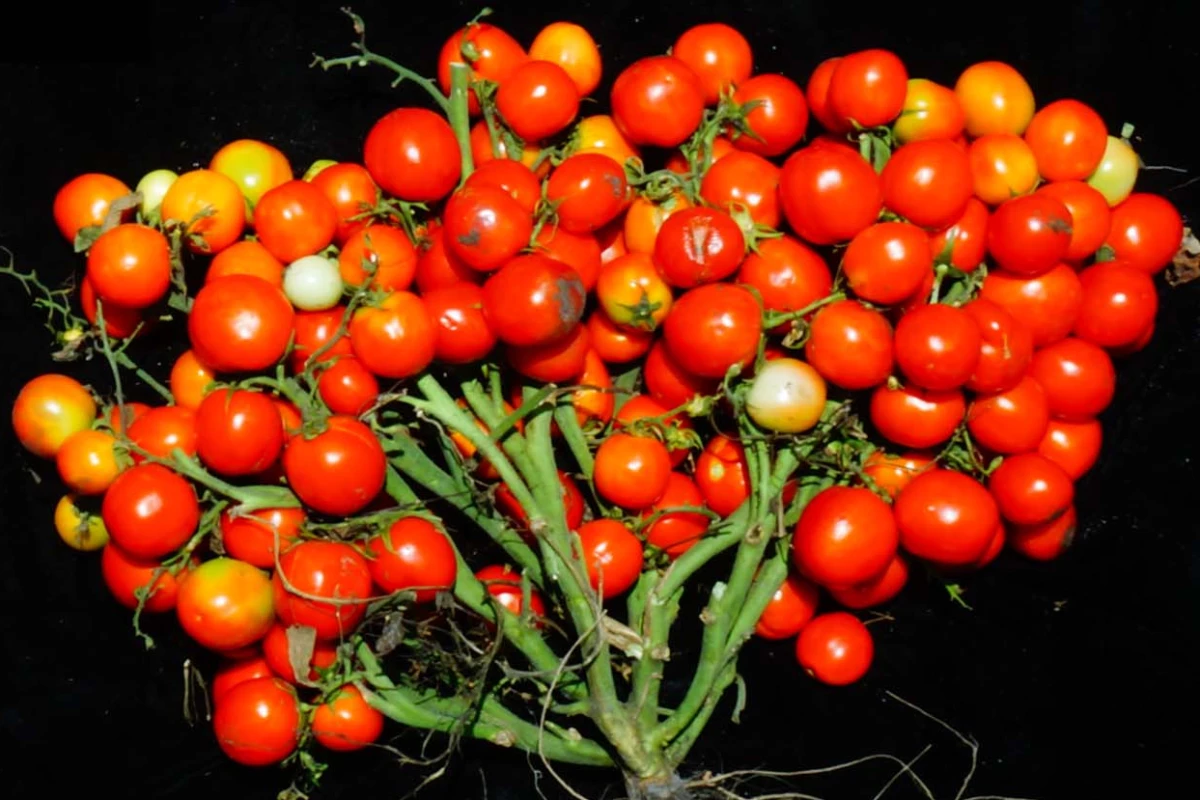If you've ever wished that your tomato plants were a bit more compact, you're in luck. A team of scientists, led by Cold Spring Harbor Laboratory Professor and HHMI Investigator Zach Lippman, has come up with a genetically-engineered tomato plant that is more a bush than a vine, with fruits that grow like a bunch of grapes.
Urban farming has been garnering a lot of attention in recent years on the grounds that it could provide food for city dwellers while reducing the environmental costs of growing and transporting it. And while raising crops in warehouses or shipping containers has its attractions, it comes up against the fact that city real estate tends to be very expensive compared to conventional farmland, so the space the plants take up is at a premium.
To minimize this, Lippman's team is working on genetically engineering a variety of crops that are more compact than their conventional versions while maintaining the quality – the first plant in their sights is "urban agriculture tomatoes."
Unlike garden variety tomato plants, the engineered versions replace the vine-like look with one that is more shrublike with bunched cherry tomato fruits. Not only are they more compact, but the plants also mature with the fruit ripening enough for harvest in less than 40 days, which is another plus for urban farming.
The new tomatoes were created by altering two genes that control the rate of reproductive growth and plant size, and a third that controls stem length. By controlling the SELF PRUNING (SP) and SP5G genes, the team could make the plants grow faster and fruit sooner, but this could only be sped up so much before flavor and yield would suffer. To avoid this, the gene SIER that controls the lengths of stems was mutated and combined with two other mutated flowering genes to make the stems shorter.
Lippman says that the technology could be applied to other fruits, like kiwis, and that NASA is interested in developing compact plants to feed astronauts during missions to Mars.
"This demonstrates how we can produce crops in new ways, without having to tear up the land as much or add excessive fertilizer that runs off into rivers and streams," says Lippman. "Here’s a complementary approach to help feed people, locally and with a reduced carbon footprint."
The research was published in Nature Biotechnology.
Source: Cold Spring Harbor Laboratory





